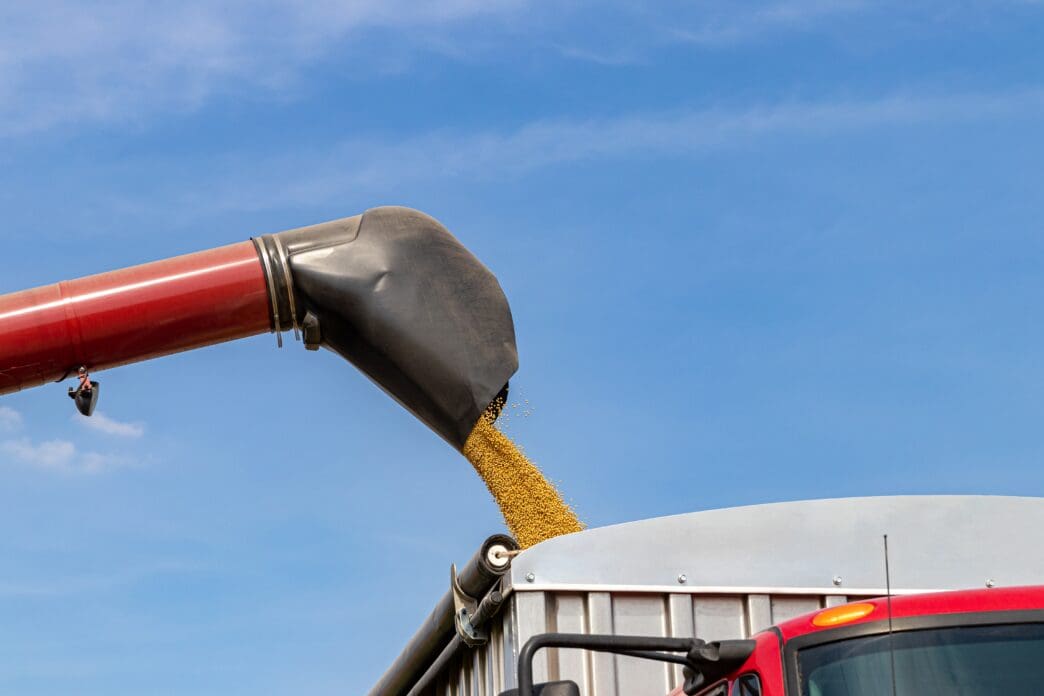Executive Summary
The Story So Far
Why This Matters
Who Thinks What?
The United States is actively seeking new markets for its soybeans across Africa and Asia, including previously untested regions, following China’s halt of purchases and the imposition of retaliatory tariffs. This strategic pivot comes as the administration of President Donald Trump weighs a multi-billion-dollar farm bailout to support American agricultural producers facing significant export challenges. Kevin Hassett, director of the National Economic Council at the White House, confirmed the administration’s global outreach efforts, stating a commitment to supporting farmers.
US-China Trade Tensions Impact Soybean Market
China, historically a major importer of US soybeans, has ceased purchases this season, diverting orders to alternative suppliers such as Brazil and Argentina. This shift is a direct consequence of Beijing’s decision in April to impose a 25 percent tariff on American soybeans, in retaliation for President Trump’s tariffs on Chinese goods.
The tariffs have significantly eroded the price competitiveness of US soybeans in the Chinese market, leading to full silos and drying exports for American farmers. The broader US-China trade dispute continues to ripple through global supply chains and commodity markets.
Global Search for New Buyers
While established importers of US soybeans include Mexico, the European Union, Japan, and Indonesia, the Trump administration is now aggressively pursuing new opportunities. Efforts are underway to encourage countries like India, Vietnam, and Nigeria to increase their purchases of American agricultural products.
India, for instance, is among the nations being pressed to boost its soybean imports, despite already facing existing tariffs, some of which are related to its purchases of Russian oil. This push into diversified markets highlights the urgent need for American farmers to find alternative export destinations.
Economic Support for Farmers
Amid the ongoing trade tensions and the search for new international buyers, the Trump administration is also preparing to implement strong policies to support its farmers. This includes considerations for a multi-billion-dollar bailout package aimed at mitigating the financial impact of lost exports and depressed prices.
The dual strategy of market diversification and domestic financial aid underscores the administration’s response to the economic challenges confronting the US agricultural sector in the wake of the trade dispute with China.








